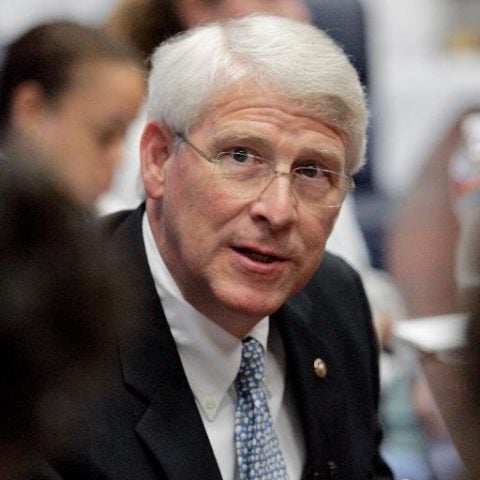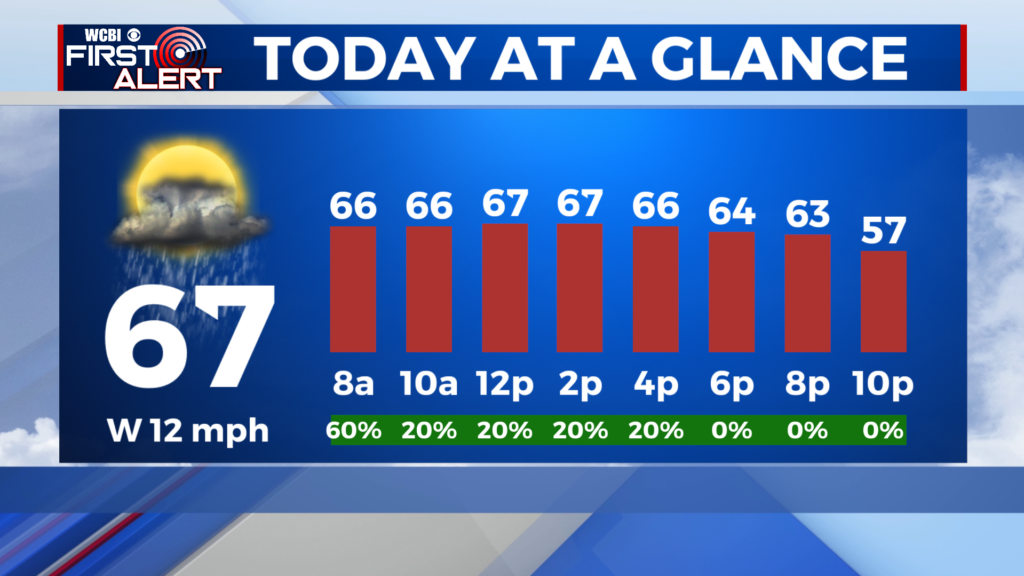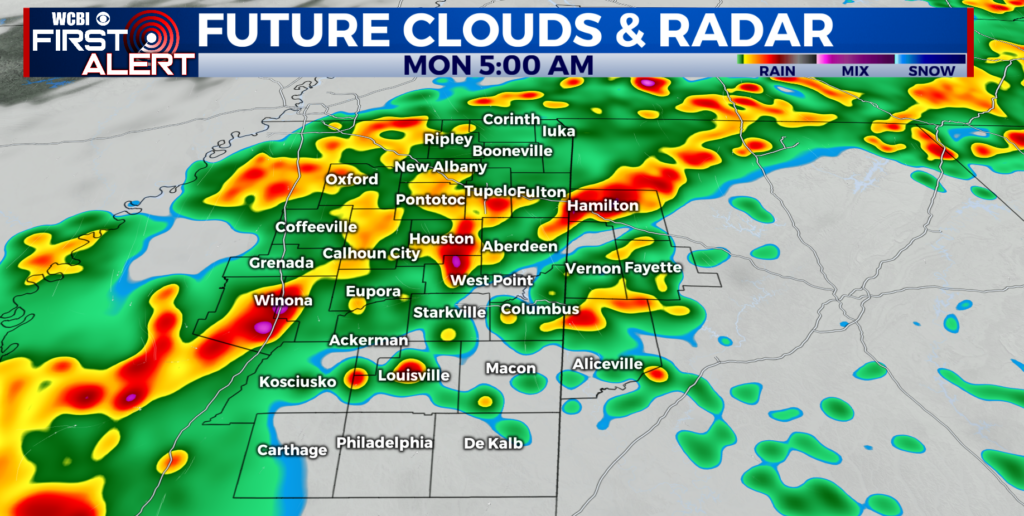Wicker Highlights Federal Role in Disaster Relief

MISSISSIPPI (PRESS RELEASE) – Relief crews have descended on Southeastern states to rescue victims and begin rebuilding after two devastating hurricanes.
The Federal Emergency Management Agency (FEMA) and several National Guard units have been on-scene.
Local and state disaster response officials have worked round-the-clock. Countless private volunteers, some from Mississippi, have also stepped up. Churches, civilian rescue teams, and neighbors have raised funds, collected food and water, and traveled long distances to help their fellow Americans.
Confusion about FEMA has made disaster response more challenging. Last month, Congress passed a bill to fund the government for the next three months. This short-term measure, known as a continuing resolution, gave FEMA access to $20 billion for its disaster relief fund. That account is the pot of money the agency uses to help with severe weather events that overwhelm states’ resources.
Congress’ action provides FEMA what it needs to respond to these hurricanes, but the continuing resolution is a temporary fix. I voted for this bill because a shutdown, and a FEMA shortfall, would have been worse. Congress must commit to a long-term funding plan so that agencies like FEMA do not have to worry about finances during natural disasters.
In the last two years, I have worked to fund FEMA adequately. Last summer, I cosponsored the Disaster Relief Fund Replenishment Act, and Congress eventually added to FEMA’s dwindling response accounts. This September – weeks before these storms – I pressed for a disaster relief supplemental, which I am optimistic Congress will consider in the coming months.
Some Americans have had questions about FEMA’s “Serious Needs Assistance” program. It is incorrect to suggest this amount is all victims will receive. These $750 direct payments are emergency stipends. They help survivors in the aftermath of a storm and can be used to get generators, food, and shelter, or to meet other immediate needs.
Mississippians have become all too familiar with hurricanes, as well as other disasters such as tornadoes and floods. These crises have left tragedy in their wake. They have also prompted local, state, and federal officials to work together so Mississippi is more prepared and can respond quickly.
In Congress, I have been glad to join these efforts. My first ever speech on the U.S. Senate floor called for the federal government to support the Gulf Coast as it continued to rebuild from Hurricane Katrina. Since then, I have authored and helped pass legislation to use advanced drone technology to improve storm forecasting. I have worked for years to decrease flood risk in Jackson and in the Delta. In 2023, the Senate Commerce Committee approved a bill I drafted to improve tornado alerts. I am hopeful it will pass by the end of this year. I have fought to decrease FEMA’s bureaucratic hurdles and to make flood insurance programs more affordable for homeowners.
Along with the rest of our federal delegation, I have lobbied the president for relief funds to meet the needs of our state. We successfully secured aid for flood relief when over half of our counties experienced storms in March 2019 and again after Jackson was hit with a water crisis in 2022. Tornadoes struck on Easter Sunday in 2022 and caused immense damage in March 2023. Each time, the delegation moved quickly to obtain recovery funds. When Tropical Storm Olga and Hurricane Zeta hit, we made sure the federal government pitched in to relief efforts.
Congress must continue to address the disaster relief needs that face the southeast and the nation as a whole. I will keep advocating for stable, long-term funding plans for FEMA and for reforms to its flood insurance program. These and other efforts will help make Mississippi safer and more resilient when storms strike.




